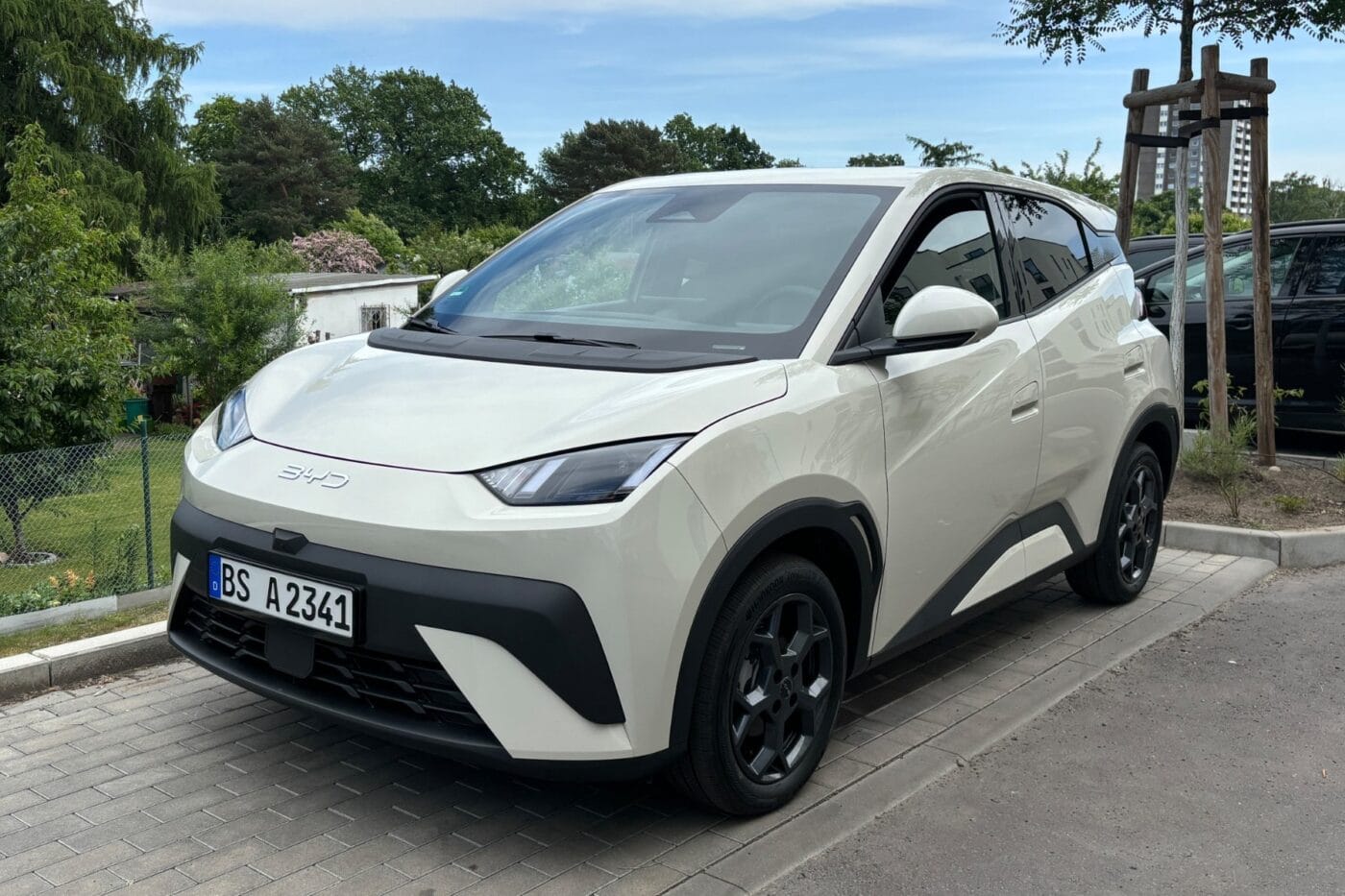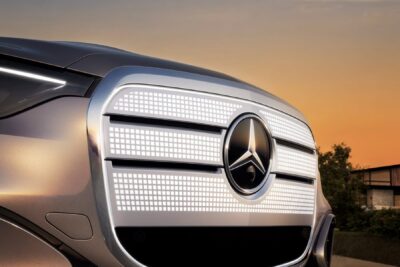Chinese government attempts to limit inland price wars
Chinese officials have expressed concerns about the ongoing price war on several Chinese media sites. The meeting called by the ministry is said to have been attended by executives from more than a dozen manufacturers, including Geely and Xiaomi, according to Bloomberg. According to insiders cited by the publication, ministry officials from MIIT, the market regulator and the top economic planning authority, are said to have urged participants not to offer unreasonable price cuts or sell cars below cost price.
The practice of “zero mileage cars”, where manufacturers sell surplus new cars to finance companies or used car dealers, is also causing unsustainably low prices. CNBC reported that secondhand cars are being sold with no mileage on Chinese used car platforms by around 3,000 to 4,000 vendors, citing Great Wall Motor Chairman Wei Jianjun from a Sina Finance interview conducted in Mandarin on 23 May. According to Bloomberg, a separate meeting was recently held with industry representatives on this issue.
New cars from BYD, one of the largest automotive companies in China, are leading the plummeting prices. BYD recently launched a discount campaign offering, for example, the Seagull small electric car and the Qin Plus DM-i plug-in hybrid with a 21 per cent discount. A short time later, Leapmotor, the SAIC brand IM Motors and Geely responded with similar discounts. Deutsche Bank analysts attribute BYD’s discount campaign to the fact that BYD dealers’ stocks have grown to over 150,000 units and now have to be reduced quickly.
The discount campaign had caused criticism in the industry. Without mentioning BYD by name, the Chinese Automobile Manufacturers Association published a statement saying that the measure by a “certain company” had triggered a new round of price war panic, plunging the industry into a “vicious cycle” and jeopardising the security of the supply chain. The association said that uncontrolled price wars exacerbate ruinous competition and further squeeze companies’ profit margins.
Last week, EV startup Xpeng’s CEO He Xiaopeng told Chinese media he thought the price war had yet to reach its peak, and “competition will become more intense in the next five years,“ reported CNBC, which verified the citation with the media outlet. The publication cited Nomura analysts saying,”Given the current oversupply situation in the China auto market, we believe the most intense competitive phase is yet to come, until if we can see a meaningful market consolidation in the future.”
While the inland price wars are causing concern within China, the low prices are also affecting international competition. For China auto sales to Germany, writes CBNC with reference to industry data, the average per-vehicle export price has fallen to $21,000 as of this year, down from $30,000 in 2023.
Yesterday (4 June 2025), MIIT published an article on its official site with statements from different industry insiders all urging Chinese automotive players to focus on quality and technological advancement rather than low price volume. “The development of Chinese automobiles depends on technological innovation, brand upward mobility and synergy among all parties.” Yin Tongyue, Chairman of Chery Automobile, was quoted in a ministry website article.
The Chinese ministry summarised industry insiders saying that “inward roll” type competition has no future, and that the industry should strive to change “inward roll” for “stretch” through multi-brand strategies to form a variety of automobile brands. The ministry urges, “Multi-brand strategies should form a distinctive brand positioning to develop a more segmented market and differentiated market opportunities,” saying that brands should move forward through “technological empowerment, quality enhancement, and by improving product value and profitability.”
MIIT also cited Zhang Jinhua, president of the Chinese Society of Automotive Engineering, as saying, “To break the ‘involutional’ competition, it is necessary to strengthen the synergy between industry enterprises’ self-discipline, social supervision and government regulation. At the same time, it is necessary to guide industry enterprises to view industrial change, development and competition in the context of electrification and intelligent transformation from a higher standpoint and in a larger pattern, and to accelerate the cultivation of high-quality, sustainable development of core competitiveness.”
To counter the problem, MIIT now states that the Chinese government is taking concrete measures. The ministry said (translation by electrive) yesterday, that it will “promote the optimization and adjustment of the industrial structure, strengthen product consistency sampling, cooperate with relevant departments to carry out anti-unfair competition law enforcement, and take necessary regulatory measures to resolutely safeguard a fair and orderly market environment, effectively protect the fundamental interests of consumers, and promote the high-quality development of the automotive industry.”
Including reporting by Florian Trieß
MIIT.gov.ch (in Mandarin), bloomberg.com (paywall), CNBC via msn.com





0 Comments